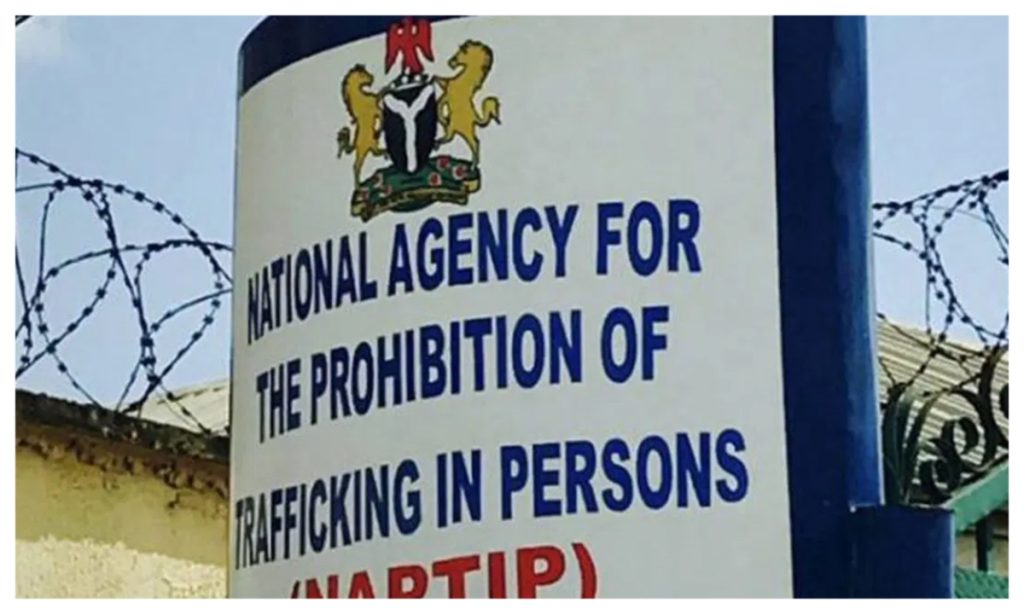A recent report by the World Bank titled “Digital Transformation Drives Development in Africa” reveals that improved access to internet coverage over three years has led to a seven per cent reduction in extreme poverty in Nigeria and Tanzania. The report highlights the significant impact of internet access on economic growth, job creation, and overall development in the region.
The World Bank’s findings indicate that in addition to the poverty reduction, internet access has also contributed to an 8% increase in labor force participation and wage employment in the two countries. Andrew Dabalen, the World Bank Chief Economist for Africa, emphasized the missed opportunities for inclusive growth in the region due to low mobile internet usage. He stressed that closing the uptake gap would significantly enhance Africa’s potential to create jobs and drive economic recovery in an increasingly digitalized world.
The report underscores the remarkable 115% increase in internet users across sub-Saharan Africa over the past five years (2016-2021). This surge in digital connectivity has played a pivotal role in stimulating economic growth, fostering innovation, and generating job opportunities. Despite these advancements, the report points out that the region’s digital infrastructure coverage, access, and quality still lag behind other regions. While 84% of people in sub-Saharan Africa lived in areas with 3G service availability, only 22% were using mobile internet services, revealing a substantial gap between coverage and usage.
Addressing this gap, the Minister of Communications and Digital Economy in Nigeria, Bosun Tijani, unveiled plans to propel internet gains in the country through a projected $2 billion fund. The Nigerian Communications Commission’s industry statistics show that broadband penetration in Nigeria stood at 45.57% as of August 2023, with an aim to achieve a 70% rate in the next two years, according to the National Broadband 2020-2030 initiative.
The World Bank’s report serves as a testament to the transformative power of internet access in lifting people out of poverty and driving economic progress. It underscores the need for concerted efforts to bridge the digital divide and harness the full potential of connectivity to accelerate development across Africa.



